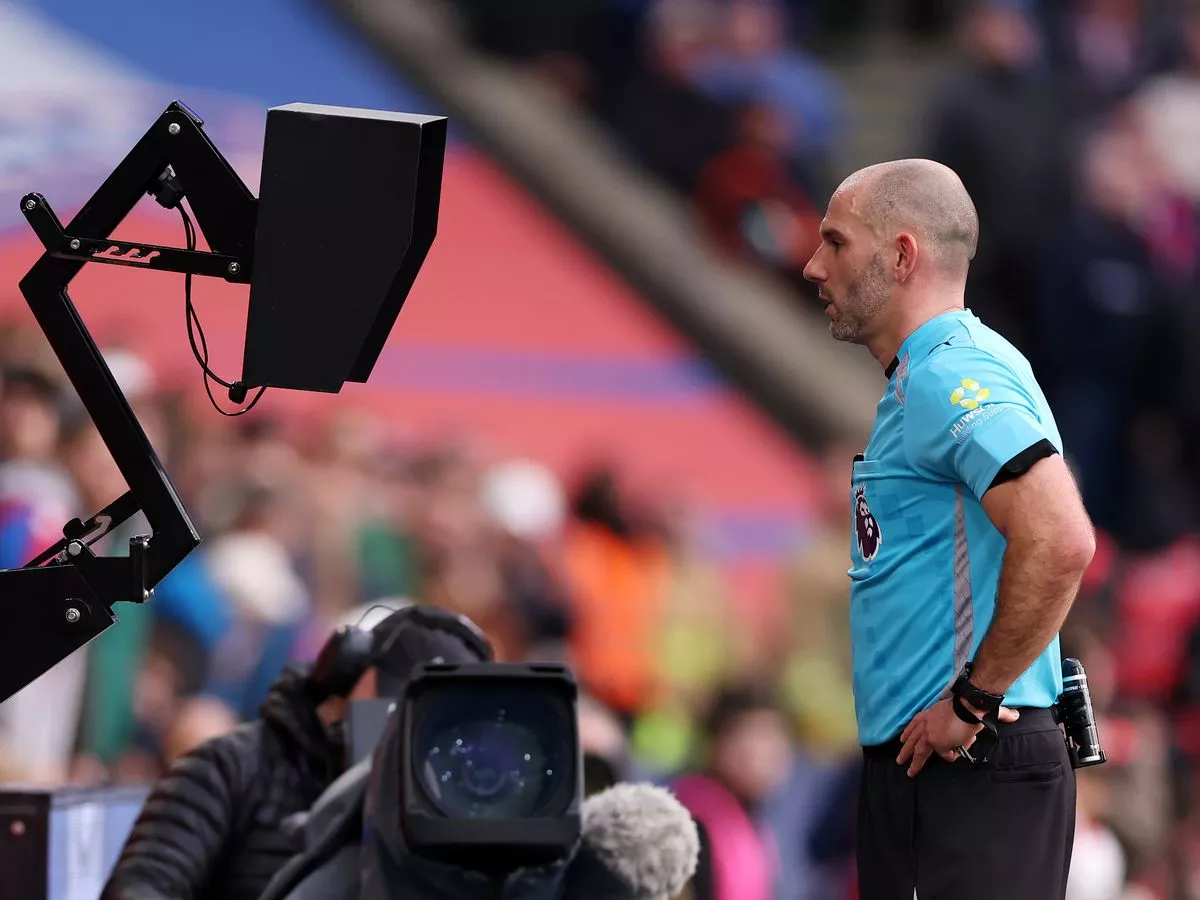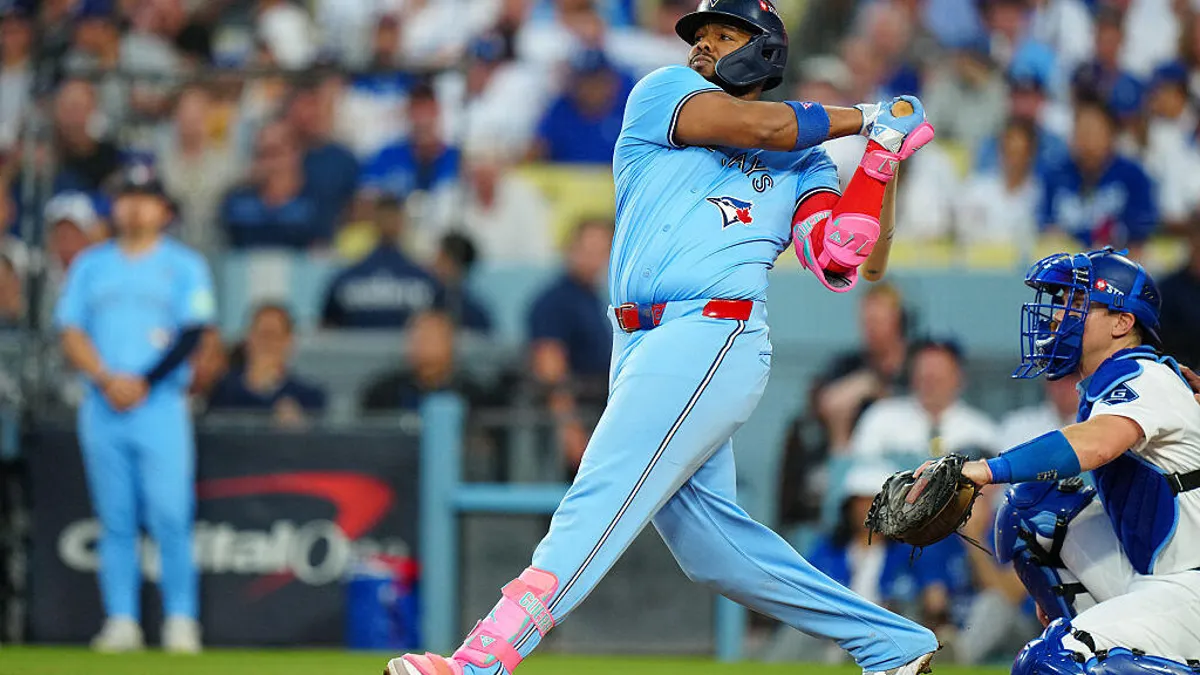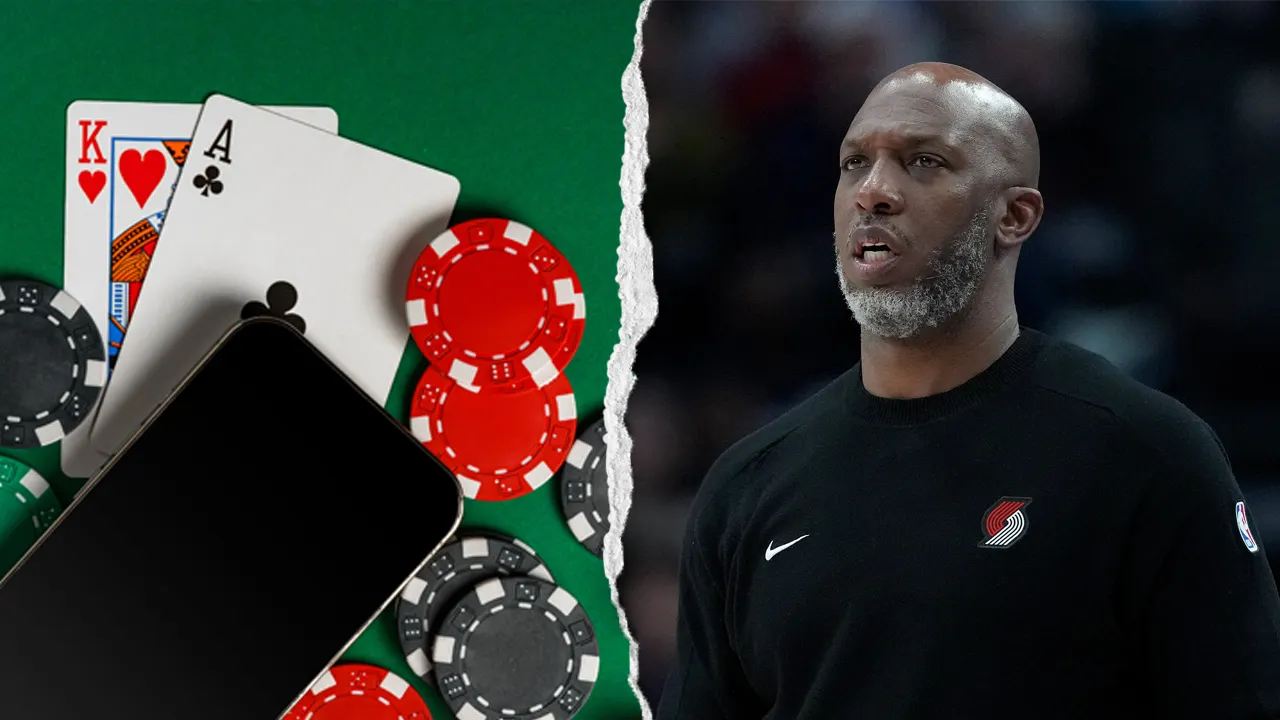Copyright belfastlive

There is a growing buzz in some corners of Irish sport: the GAA should bring VAR into hurling and Gaelic football. The idea is seductive. Who wouldn’t want perfect calls, no disputed scores, no refereeing controversy. But seductive doesn’t always mean sensible. And in this case, it would be catastrophic. Hurling and Gaelic football are, at their best, games of rhythm, pace, and intensity. They sweep you along, pulse racing, nerves taut, fans shouting, players reacting in instinctive moments that make our Games unique. Interjecting VAR into that mix threatens to kill the very thing that makes them electrifying. Former All-Ireland final referee Barry Kelly, who knows a thing or two about officiating under pressure, lays it out plainly. Kelly said: “The flow of a game would be affected. The average international rugby game now lasts two hours. Do we want All-Ireland finals starting at 3.30pm finishing up at 5.40pm? The crowd would lose interest.” They sure would. How do we know? Because we were at the Ireland versus Japan rugby match last Saturday and then the Brentford versus Newcastle Premier League game on Sunday. The rugby international started at 12.40pm and ended at 2.28pm - an 80-minute game stretched across 108 minutes. A day later, VAR interventions and injuries added EIGHTEEN minutes to the 90-minute allocated timeframe for the Bees against the Magpies. And each day the crowd switched off because the system that was introduced to SOLVE problems has instead ADDED to them. Rugby’s TMO system has severely lengthened games. Recent Six Nations matches have seen tries held under review for five minutes or more, stalling momentum and frustrating fans. Soccer’s VAR interventions have had the same effect: goals reviewed, overturned, confirmed, and reversed again. Matches that should last ninety minutes stretch far beyond that timeframe, and what is meant to be drama becomes endurance. Kelly’s warning hits at the heart of the issue: “GAA is not like soccer or rugby, where a goal or a try is crucial. "In hurling and football, a point can decide a match. So where do you draw the line?” Exactly. In Gaelic games, nearly every point, every hand-pass, every subtle movement could be scrutinised. Do we stop play for every possible infringement? Or cherry-pick the ones that matter most? Either way, the flow of the game, the tension of the crowd, the instinctive brilliance on display — all take a hit. “If you bring in a TMO or VAR then the reality is that nearly every goal or point could be ruled out for either a dodgy hand pass or, in football, if a player takes five steps. Some people say VAR will inevitably come. But I’m not sure it will.” Kelly’s words should be read carefully. There is a lesson in restraint here. The fantasy of perfect accuracy is seductive — but it carries a heavy price. Rugby, football, and other sports that have embraced replay technology have discovered that certainty comes at the expense of tempo, drama, and atmosphere. Stoppages kill the momentum. Long reviews rob players of instinctive decision-making. Fans grow restless. And in Gaelic Games, where the margin between victory and defeat is often a single score, those stoppages could be fatal to the spectacle. Hurling moves too fast. Football - after years of stagnation - now flows freely following Jim Gavin's rule changes. Imagine a five-minute interruption after every contentious point. It would sap the sport of its heartbeat. That is why Kelly’s concerns are rooted in reality, not nostalgia. The argument is often framed as “we need VAR because referees make mistakes.” True. But errors are part of sport. They spark debate. Fans don’t just remember the scores — they remember the controversies. Human judgment, with all its flaws, gives the game drama. Removing that is to remove part of the story itself. Hurling and football are sports of instinct, split-second decisions, and collective skill. Introducing VAR would convert them into something else: a slow, calculated, sanitised imitation of themselves. The beauty is in the uncertainty, in the chaos, in the human element that makes All-Ireland finals nights so unforgettable. Kelly is sceptical of inevitability. “Some people say VAR will inevitably come. But I’m not sure it will.” And that caution should be heeded. The GAA has thrived for 141 years because it trusts referees, trusts players, and trusts its spectators to navigate the occasional controversy. Technology cannot replicate the thrill of a live decision, the drama of a last-minute point, or the emotion of a disputed goal in front of 83,000 fans. Bring in VAR to the GAA and you are sterilising it. Better for a team to feel robbed by a referee than for all of us to feel football and hurling has been robbed of its pulse. That's why the GAA should leave VAR exactly where it belongs: in other stadiums, not in our Irish fields. Click here to sign up to our sport newsletter, bringing you the latest sports news, headlines and top stories .



